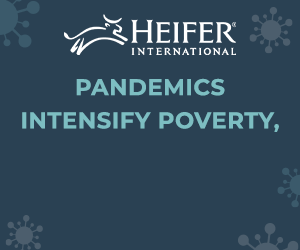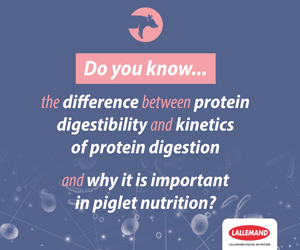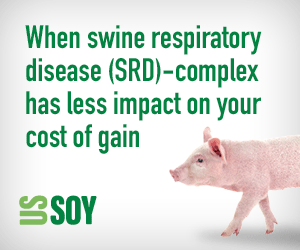



US Calls for Taiwan to Set Limit for Ractopamine in Pork
US & TAIWAN - The United States has continued to urge Taiwan to establish a maximum residue level (MRL) for the beta-agonist, ractopamine, in pork.The 2014 US Trade Policy Agenda, prepared by the Office of the United States Trade Representative (USTR), said that establishment of an MRL for ractopamine use in beef in September 2012 by Taiwan authorities was “an important step in rebuilding confidence in Taiwan as a reliable trading partner.”
According to sources in China, Taiwan has not established an MRL for ractopamine in pork.
The agenda stressed that ractopamine, a feed additive that improves feed efficiency, is approved in the US and many other countries. But Taiwan had maintained an import ban on beef and pork products containing traces of ractopamine “despite conducting a risk assessment that found no health risk.”
Washington will continue to engage Taipei closely this year to seek resolution of these and other high-priority policy concerns, it added.
Meanwhile, the agenda said Taiwan's investment climate “lacks the transparency and predictability necessary to attract and maintain foreign investment,” especially in financial services.
This has led to “rejections of investment deals, excessive delays and a low level of investment in the private equity sector.”
The US will continue to use the Investment Working Group to urge progress by Taiwan authorities to provide a more welcoming and predictable environment for foreign investment, it noted.
Asked to comment, the Cabinet-level Council of Agriculture (COA) commented that the government welcomes the import of US pork.
However, it currently has no immediate plan to lift its zero-tolerance policy against ractopamine use in pork products and will not set an MRL for the additive in pork, according to the COA.
















